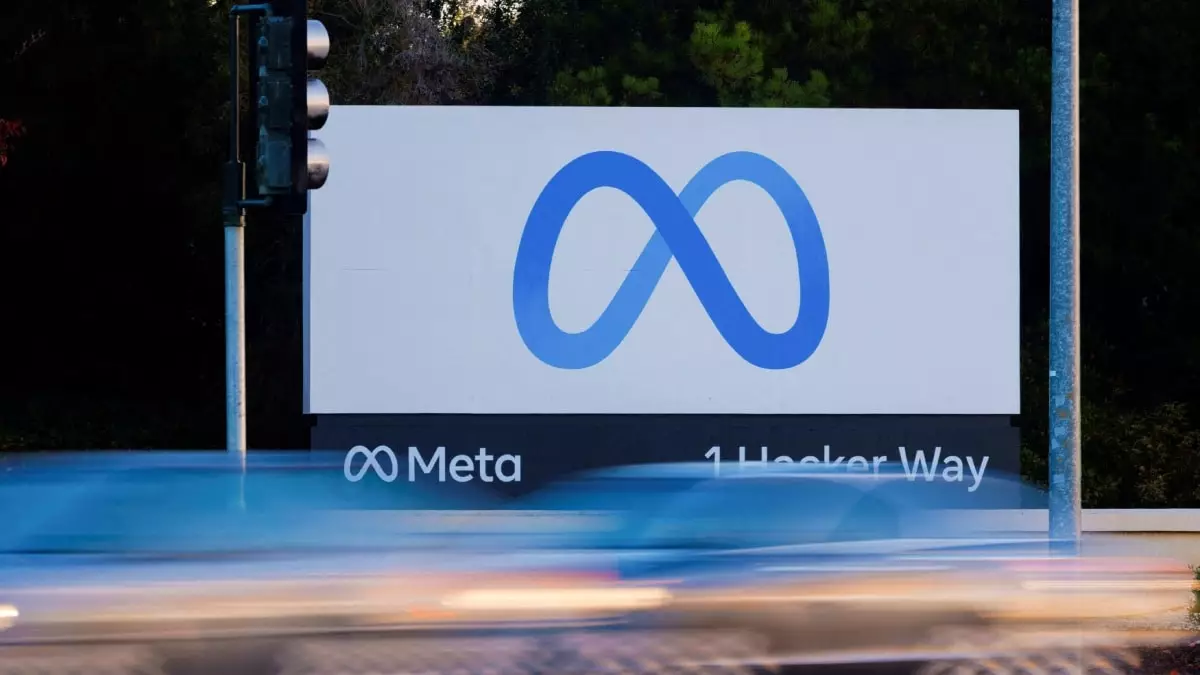In an increasingly digital world where information flows freely, the responsibility of tech giants like Meta (formerly Facebook) has come under scrutiny. Brazil’s government, led by Solicitor General Jorge Messias, has voiced strong concerns over recent changes in Meta’s fact-checking policies. These modifications come on the heels of Meta’s decision to dismantle its fact-checking program in the United States, raising alarm bells in a country where misinformation can have dangerous repercussions.
Meta’s recent actions appear to demonstrate a troubling trend: the erosion of stringent oversight on content related to critical social issues, including immigration and gender identity. This retraction of policies could create a vacuum that allows misinformation to flourish, jeopardizing the integrity of public discourse. Messias characterized the company’s decision as opportunistic, likening Meta’s policy shifts to an “airport windsock,” indicating that the new approach is reactive rather than principled.
President Luiz Inacio Lula da Silva expressed his government’s dismay at these developments, labeling the changes “extremely serious.” The gravity of this situation signals that Brazil is not merely a passive consumer of global tech policies; rather, it is willing to take a stand and demand accountability from influential corporations operating within its borders.
In response to these alarming developments, Brazil’s government has set a deadline for Meta to clarify its motivations and future strategies concerning misinformation. The ultimatum, which expires on a Monday, sends a clear message: the Brazilian authorities will not tolerate a diluted approach to fact-checking, particularly in a nation where social harmony and democracy are at stake. There is an undercurrent of urgency in their call for clarity; as misinformation campaigns become more sophisticated, immediate and effective measures are critical in safeguarding public interests.
It’s worth noting that the Brazilian government’s proactive stance in holding a global tech giant accountable is significant. By openly confronting Meta, Brazil positions itself as a leader in the fight against misinformation, an issue that is rapidly gaining global attention.
What will happen once the deadline lapses remains shrouded in uncertainty. The Brazilian government may pursue regulatory actions, instigate penalties, or even consider further dialogues aimed at ensuring that social media platforms uphold their responsibility in fact-checking. The decisions made following this confrontation could set a precedent for other nations grappling with similar issues of media accountability and misinformation.
Furthermore, the implications of Brazil’s actions extend beyond its borders. As various countries grapple with the immense influence of tech giants, Brazil’s stand could inspire others to hold digital platforms accountable for their roles in shaping narratives and public opinion.
Brazil’s confrontational approach towards Meta highlights an evolving landscape where governments increasingly feel empowered to wrest control over the digital narratives within their territories. As these dialogues continue, one thing remains certain: the intersection of technology, policy, and civil rights will continue to be a decisive battleground in the quest for a truthful and informed society. The world will be watching as Brazil takes its stand in the global arena of information integrity.

